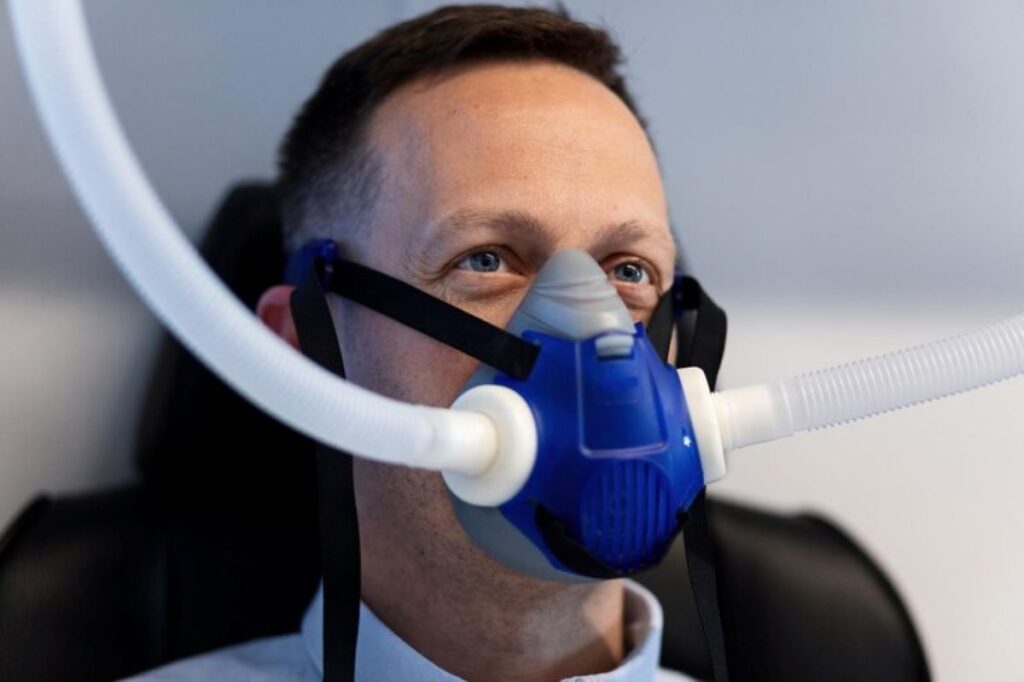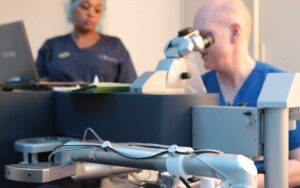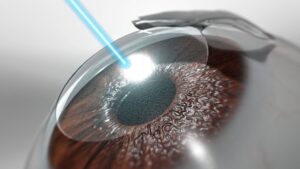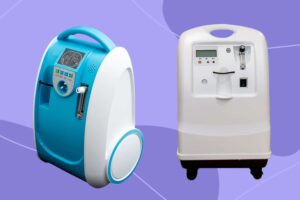Natural Anxiety Relief, Panic Support & Sleep Testing Services Across Australia
Relief Anxiety
Trusted Anxiety Relief Programs (Legacy Content)
Helping Australians find calm minds, better sleep, and lasting anxiety relief — naturally and clinically.
1
Panic Away – Immediate Anxiety & Panic Attack Relief
Panic Away is designed for people suffering from recurring panic attacks that interfere with daily life. This step-by-step system focuses on addressing the root cause of panic, helping you regain control without dependency on medication or endless counselling sessions.
The Linden Method – Natural Anxiety Re-Training
The Linden Method approaches anxiety as a learned behavioural response rather than a permanent illness. By retraining how the brain responds to stress triggers, many people experience reduced anxiety intensity and fewer panic episodes over time.
Latest Articles & Resources
Is Laser Eye Surgery Worth It? Real Results, Costs, and Recovery Explained
Oxygen Concentrator for Sale: What to Know Before You Purchase
Aerobika Australia: Where to Buy and What to Know
From Blurry to Brilliant: How Laser Eye Surgery Changes the Way You See Life
LASIK Surgery in Sydney: Is It the Best Option for You?

How Sleep & Anxiety Are Deeply Connected
Chronic anxiety and poor sleep often reinforce each other. When sleep quality drops, the nervous system becomes overstimulated, increasing panic symptoms, irritability, and emotional exhaustion.
That’s why we now provide educational resources and referrals for sleep study and sleep testing services in major Australian cities — helping individuals uncover hidden sleep disorders that may be worsening anxiety.
Sleep Study & Sleep Testing Services
Sleep Study Adelaide
Sleep studies in Adelaide help identify conditions like sleep apnoea, insomnia, and disrupted sleep cycles that can worsen anxiety symptoms.
Sleep Testing Brisbane
Sleep testing in Brisbane provides insight into nighttime breathing, oxygen levels, and sleep stages — all critical factors in emotional regulation.
Sleep Study Canberra
A sleep study in Canberra can uncover undiagnosed sleep disturbances that contribute to chronic stress, fatigue, and panic attacks.
Sleep Testing Hobart
Sleep testing in Hobart supports individuals struggling with anxiety-related sleep disruption by identifying physiological sleep triggers.
Sleep Study Melbourne
Sleep studies in Melbourne help connect the dots between anxiety, nervous system overload, and poor-quality sleep patterns.
Conquering Stress – Natural Stress & Anxiety Reset
Conquering Stress focuses on breaking the anxiety–stress loop using practical, drug-free techniques. The program highlights how daily habits, mental patterns, and stress responses fuel anxiety — and how to reverse them naturally.
Easy Calm – 100% Natural Anxiety Support
Easy Calm is a video-based anxiety treatment program designed to help calm the nervous system and restore mental balance. It has supported individuals seeking a structured, natural approach to reducing panic and chronic stress.
Why Choose Relief Anxiety
Proven Focus on Anxiety & Panic Relief
Relief Anxiety has always centred on helping people understand and manage anxiety, panic attacks, and chronic stress. Our content is built around real-world experiences, practical guidance, and approaches that address root causes — not quick fixes or fear-based messaging.
Holistic Approach That Looks Beyond Symptoms
Anxiety is rarely caused by one factor alone. We take a whole-picture view that considers emotional patterns, behavioural responses, and physical contributors such as poor sleep. This balanced approach helps individuals gain clearer insight into what’s really driving their anxiety.
Trusted Information, Not Sensational Claims
We believe in calm, honest education. Our platform avoids exaggerated promises and instead focuses on clear explanations, evidence-based perspectives, and supportive resources that empower people to make informed decisions about their mental wellbeing.
Supporting Better Sleep for Better Mental Health
Sleep and anxiety are deeply connected. By including educational resources around sleep studies and sleep testing, we help individuals identify hidden sleep-related issues that may be intensifying anxiety — supporting more sustainable, long-term improvement.
About us
"Dedicated to Anxiety Relief, Better Sleep, and Lasting Peace of Mind"
Relief Anxiety was created to help people regain control over anxiety, panic attacks, and chronic stress using evidence-based, natural approaches. Over time, we recognised the critical role sleep plays in emotional health.
Today, our platform bridges anxiety education and sleep health awareness, helping Australians make informed decisions about their mental wellbeing.
Relief Anxiety was built on the understanding that anxiety, panic, and ongoing stress rarely exist on their own. Emotional wellbeing is closely connected to sleep quality, nervous system health, and daily behavioural patterns. By combining clear educational resources with awareness around sleep-related factors, we aim to help individuals gain deeper insight into their symptoms and take meaningful steps toward calmer days and more restorative nights.
Our success stories
5/5

4/5

5/5

4/5

4/5






